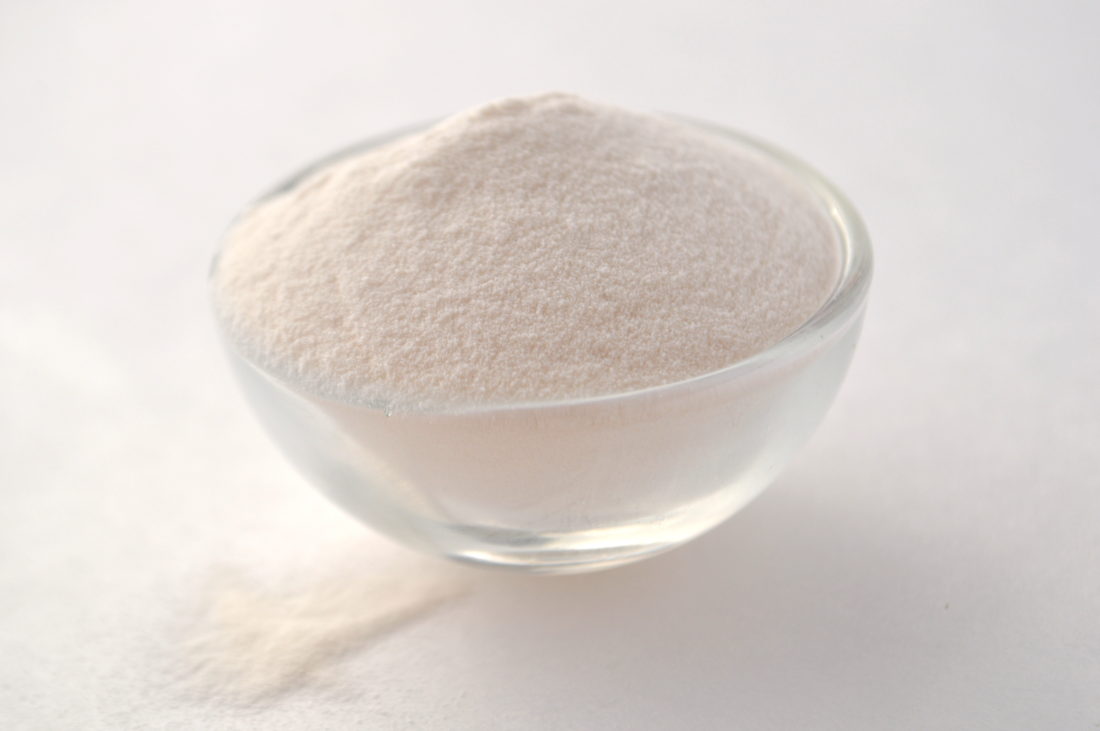Harmful or Harmless? The Truth about Xanthan Gum
Harmful or Harmless? The Truth about Xanthan Gum

Concerned about food additives? Want to make sure your diet is balanced? If so, take the time to read food labels. Contrary to popular belief, not all additives are bad for your health. Xanthan gum, which is used in thousands of foods and beauty products, serves as a thickener, stabilizer, and emulsifier. This compound is produced by a plant-pathogenic bacterium called Xanthomonas Camestris. Its use in foods and beverages has been subject to debate. Some say that xanthan gum is safe and healthy. Others claim that it may cause cancer and chronic illnesses. So, what’s the truth about this controversial food additive?
Xanthan Gum at a Glance
Xanthan gum is used as a food thickening agent. This polymer consists of sugar residues produced by bacteria. It can be found in pastries, baked goods, sherbet, jams, sauces, ice cream, pudding, flavored yogurt, cosmetics, and medications. Since it contains all natural ingredients, it’s considered safe for human consumption. However, studies indicate that it may cause digestive distress in people with IBS, IBD, and other gastrointestinal disorders.
This sugar-like compound swells in the GI tract, which stimulates peristalsis. For this reason, it’s commonly used as a bulk-forming laxative. Diabetics take xanthan gum to lower their blood sugar and cholesterol levels. Xanthan gum is also added to wallpaper glue, toothpaste, ink, and paint. However, it appears to be harmless despite its industrial uses.
How Safe Is Xanthan Gum?
Thanks to this ingredient, your favorite snacks and cookies don’t crumble in the palm of your hand. Some people add xanthan gum to most recipes, from English muffins and pancakes to pretzels and bread. According to health experts, this compound is safe as long as you don’t consume more than 10-15 grams a day or have an allergy to corn. In some cases, it may cause:
- Bloating
- Gas
- Throat irritation
- Flu-like symptoms
- Diarrhea
- Allergic reactions
Xanthan gum is not recommended to those with appendicitis, nausea, fecal impaction, and digestive disorders. Because of its hypoglycemic properties, it may affect blood sugar levels during and after surgery. This ingredient can also interact with anti-diabetes drugs. Some customers say that xanthan gum powder irritates their skin.
According to a study published in the “Journal of Pediatrics,” this compound may cause illnesses or even death in infants. For diabetics, the maximum daily dose is 12 grams. If you’re using xanthan gum as a laxative, don’t exceed 15 grams per day. Some individuals may develop sensitivity to this ingredient.
Are There Any Substitutes for Xanthan Gum?
If you’re allergic to xanthan gum or have digestive problems, replace it with other food thickeners. Chia seeds, guar gum, and psyllium husk are excellent substitutes. Additionally, these ingredients are beneficial for health. For instance, psyllium husk lowers cholesterol levels, improves digestion, and flushes out toxins due to its high fiber content.
Chia seeds, another great substitute for xanthan gum, are classified as a superfood. These tiny black seeds boast large amounts of omega-3s and omega-6s, leading to improved cardiovascular health and reduced inflammation. You may also use gelatin, which promotes bone health and boosts collagen production. Vegans can opt for agar agar, a seaweed-derived.

